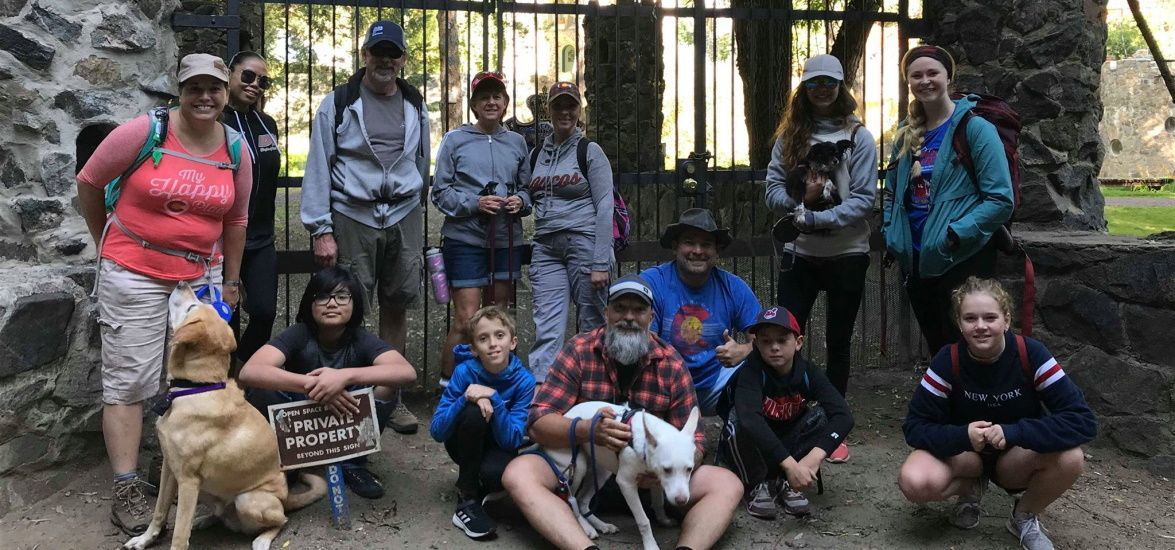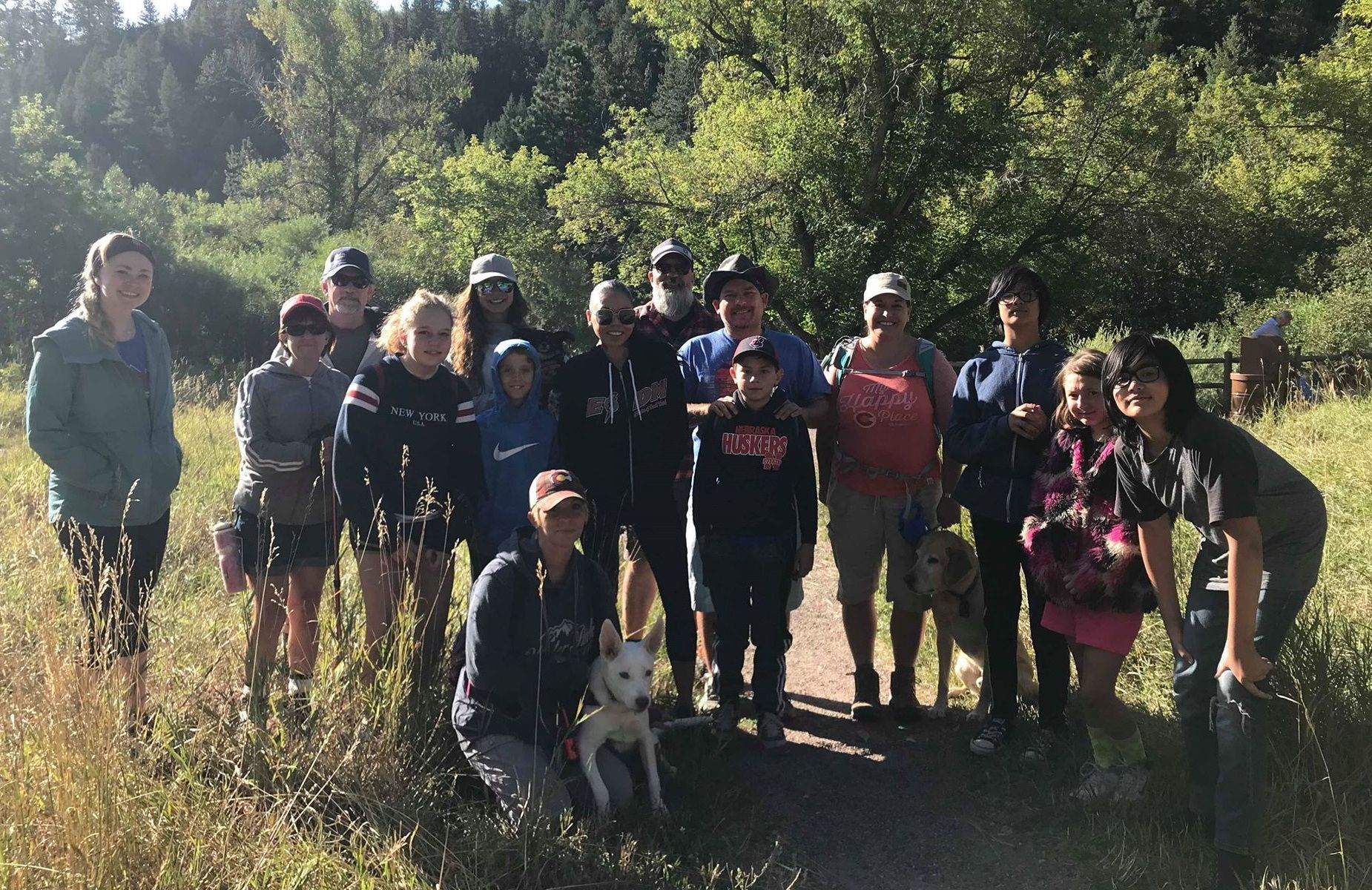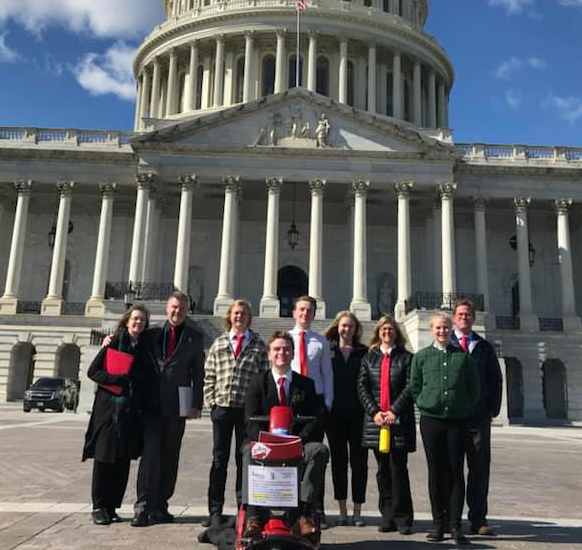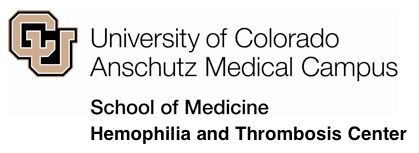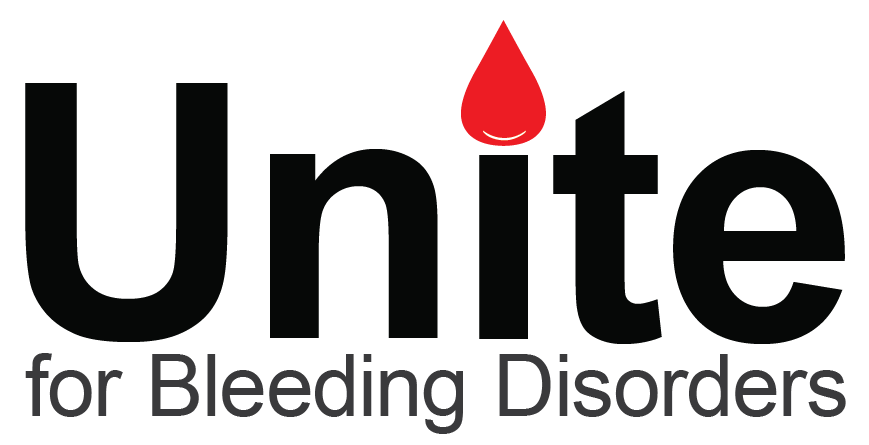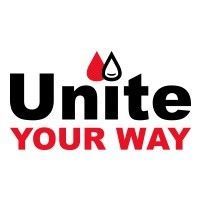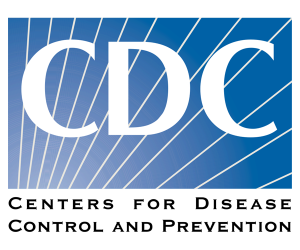Our Focus
The Colorado Chapter of the National Bleeding Disorders Foundation (NBDF Colorado) is responsible for addressing the challenges bleeding disorder patients and their families face through education, advocacy, and empowerment.
El Capítulo de Colorado de la Fundación Nacional de Trastornos Hemorrágicos (NBDF Colorado) es responsable de abordar los desafíos que enfrentan los pacientes con trastornos hemorrágicos y sus familias a través de la educación, la defensa y el empoderamiento.
Our Mission ... In Action
-
We connect people in the bleeding disorder community to available, applicable resources and to one another. Through connection we don't have to go through this alone.
-
We fight to protect access to quality healthcare and treatments we need to live healthy lives, but we can't do it without your voice. Discover how you and your family can make a big difference by joining our advocacy efforts.
-
We are committed to trailblazing the way for those affected by bleeding disorders. We encourage our community members to step out into nature, to forage ahead on their own path of independence.
-
We are committed to educating people inside and outside the bleeding disorder community. Education is empowerment and we strive to encourage independence through learning.
News Articles
Pathway to Cures (P2C), the venture philanthropy fund of the National Bleeding Disorders Foundation (NBDF), is pleased to announce the appointment of Michael Recht, MD, PhD, MBA, as chief medical and scientific advisor.
BioMarin Pharmaceutical Inc. has announced that it has decided to pull the hemophilia A gene therapy ROCTAVIAN (valoctocogene roxaparvovec-rvox) from the United States market.
The National Bleeding Disorders Foundation (NBDF) mourns the passing of Lynn M. Malec, MD, MSc, a physician, researchers, and champion of the bleeding disorders community.


